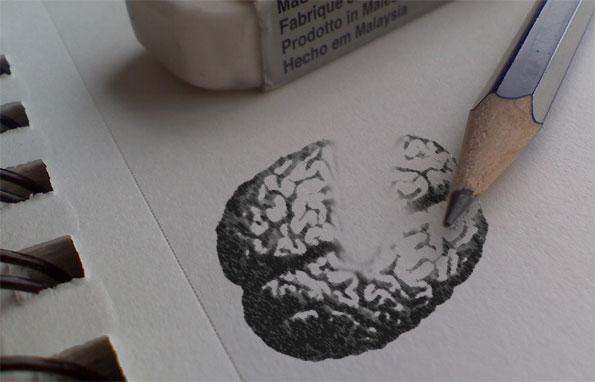We make memories; we love to keep the good ones with us, but there are always these ‘other’ memories. Those that we would prefer removed from our mind as if they never happened. So far the possibility to do so was only in the realm of science fiction or in movies like Eternal Sunshine of the Spotless Mind.
What if you could actually erase these memories? It sounds fancy and unreal, but scientists from the Scripps Research Institute have accomplished the seemingly impossible.
A laboratory experiment was carried out on mice; the primary reaction that occurs in memory formation involves a protein called actin, which generates a series of molecules during memory formation. Scientists blocked that picky protein, which caused the mice to forget certain addictive memories.
The tests revealed that the good memories were unaffected. This research could also prove very useful for those suffering from drug addiction. For recovering addicts unwanted memories can be devastating. Former meth addicts, for instance, report intense drug cravings triggered by associations with cigarettes, money, even gum (used to relieve dry mouth), pushing them back into the addiction they so desperately want to leave.
Selectively eliminating evidence of past experiences is a dangerous concept however – these memories make us who we are, and let us learn from even such negative experiences. But in extreme cases of addiction or depression, memory modification might prove a lifesaver.



